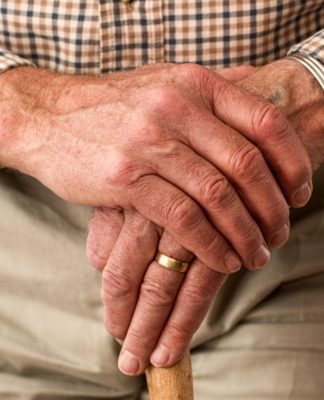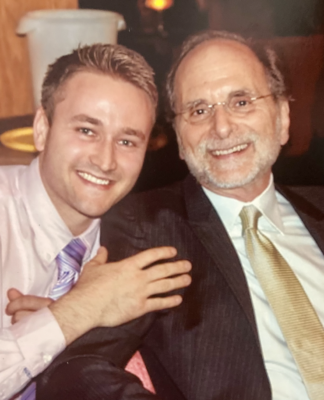As I am writing this blog, I can honestly tell you that I am “emotionally numb” today. The recent and increasing crime in our communities along with the ongoing police murders has me feeling emotionless. Many of us have encountered or will encounter grief at some point in our lives. Typically, we often define grief as the “loss of something”~ a love one, relationship, career etc. For many of us, there is some period of “mourning”; there are the five stages of grief (denial/isolation, anger, bargaining, depression, and acceptance). Given time and support of family and friends most people can bounce back and move forward with life. But what happens when that trauma is there daily? Every time you turn on the television, open your email, check social media or read the newspaper there is a tragedy. I believe one blogger said it best when she described emotional trauma as being 200 people lined up to press their thumb in your bicep muscle. When it is over a bruise will form on your arm, if you do not allow that muscle to rest and heal, the adrenal system goes into overdrive and continues to work as if it needs that thumb pressed into the muscle. The thumb pressing now has a permanent stamp in your brain as trauma memory. When activated it causes a hyper elevated response that we know as “flight or fight” (we will either fight back or run). This is how trauma works. Even being indirectly exposed to it leaves bruised spots on the brain. When we have conversations about these tragedies, it is like continually pressing on that bruise over and over again and activating the trauma. The bruise never heals because as we continue to witness the violence, we continue to apply agony and pain to that wound. Eventually, we become numb to the images and conversations. The images leave permanent stamps in our long-term and short-term memories. Each time we expose ourselves to trauma, we continue to re-open that pain that has never fully healed.
As we continue to search for answers to all that has occurred, there are a few things we can do to maintain our mental stability, reassure a sense of inner peace and manage our uncontrollable emotions.
* First, we need to mobilize a support system. Reach out and connect with others, especially those who have shared the same stressful event
* Talk about it; not necessarily the event, but how it has affected you. Talk about it with those who are empathetic to the event
* Exercise~ walking, running, aerobics, bicycling. Participate in exercise to decrease the stress level
* Relaxation; yoga, massage, stretching
* Humor
* Prayer/mediation; listening to relaxing music, or progressive deep muscle relaxation
* Music/Art
* Commitment to something personally meaningful and important every day
* Hug those you love, including pets
* Proactive responses toward personal and community safety~ organize a group or activity that is positive and will help others
* Writing ~ journaling is a powerful tool; use writing as a way to express your thoughts and emotions either for you or to share with others
~Be Well My Friends~
Dr. K




















